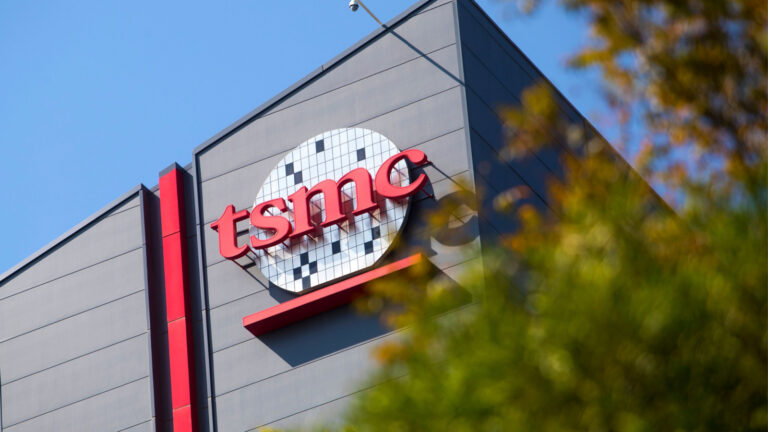Suffice it to say that today has been challenging for investors in chipmaker stocks. It probably isn’t helping that Taiwan Semiconductor (NYSE:TSM) just stopped producing advanced silicon for Biren Technology, a China-based startup. The mood among today’s traders is so negative that Wolfspeed (NYSE:WOLF) stock dropped even after J.P. Morgan analysts upgraded the company’s shares. It’s just one of those “a falling tide sinks all ships” days for semiconductor stocks, and for TSM stock in particular.
It’s no secret that Taiwan Semiconductor holds a dominant position in the global microprocessor market. However, there’s tension in the air as the U.S. government
seeks independence from Taiwan for America’s microchip supplies.
As you may recall, President Joe Biden’s administration announced a number of semiconductor export restrictions on Oct. 7. At the same time, there’s been a cold war going on as the U.S. government disapproves of China’s potential threats to Taiwan’s independence.
Amid this complex political landscape, in order to remain compliant with U.S. regulations, Taiwan Semiconductor has opted to play it safe and suspend its production of advanced silicon for a Chinese startup called Biren Technology.
How Is This Affecting TSM Stock?
This doesn’t mean Taiwan Semiconductor is shutting down all of its operations. Indeed, CEO C.C. Wei assured that the company “will continue to serve all customers around the world.”
Financial traders might not be fully convinced of this, though. With the three-way standoff happening between the U.S., China and Taiwan, further production suspensions might be imminent.
In light of these anxiety-producing developments, today’s traders pushed TSM stock down 5% this morning. It seems the bearish fervor has metastasized, moreover, as a number of chip stocks are in the red.
Among them is WOLF stock, which lost nearly 3% of its value this morning even though J.P. Morgan analysts upgraded semiconductor maker Wolfspeed to “overweight,” which is similar to a “buy” rating. Analyst Samik Chatterjee even boosted his price target on the shares to $160, but apparently this wasn’t enough to break the bearish sentiment on Wall Street’s trading floor.
Thus, chipmaking behemoth Taiwan Semiconductor seems to be dragging down a whole host of microprocessor makers. It’s yet another sign of collateral damage, evidently, as international tensions continue to put legions of chip-market investors on edge.
On the date of publication, David Moadel did not have (either directly or indirectly) any positions in the securities mentioned in this article. The opinions expressed in this article are those of the writer, subject to the InvestorPlace.com Publishing Guidelines.

